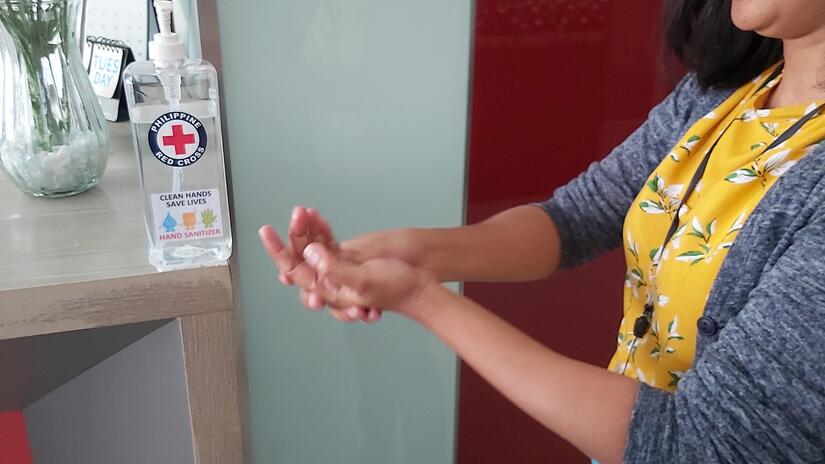Geneva/Kuala Lumpur, 11 February 2020 – With the novel coronavirus steadily spreading beyond China and rising death toll, the International Federation of Red Cross and Red Crescent Societies (IFRC) is expanding its novel coronavirus disease (Covid-19) response and preparedness programmes.
A 32 million Swiss franc global emergency appeal will support community-based health activities, access to basic services, and the management of misinformation and stigma – all equally crucial to control the spread of the virus. In the past two weeks the IFRC has been on the ground, supporting National Societies in countries where the outbreak is spreading, mainly in the Asia Pacific region. Through this emergency appeal, the IFRC hopes to invest in preparedness activities in other countries, with a focus on those whose health systems are already under pressure.
IFRC Secretary General, Jagan Chapagain, said: “We recognize the gravity of the global threat posed by this novel coronavirus. National Red Cross and Red Crescent Societies are playing an important role in battling this outbreak, and we must now step up our support to them. Right now, millions of Red Cross and Red Crescent volunteers in 192 countries are connected to their local communities, playing an important role in efforts against this outbreak, or ready to act in case of an outbreak.”
Assistance will be tailored to each country depending on its epidemic preparedness and response, as well as the vulnerability of particular groups of people in the community.
IFRC’s Director of Health and Care, Emanuele Capobianco, said: “Online and offline, volunteers are already at work, educating the public about this virus, helping prevent misinformation and reducing rumours and panic. We know from past outbreaks that fear and mistrust contribute to the spread of disease and hampers all response efforts. We need solidarity, not stigma, to support communities and people affected by this outbreak.”
This most recent coronavirus disease is the seventh in the coronavirus family known to infect humans. Illnesses caused by coronaviruses range from less severe illness like the common cold, to serious illnesses like Middle East Respiratory Syndrome (MERS) and Severe Acute Respiratory Syndrome (SARS). As of 11 February, the number of confirmed cases globally is over 43,000, with more than 1,000 deaths, almost all in mainland China.
Press release
IFRC Global COVID-19 study: vaccine bank an ‘essential element’ of next pandemic response
IFRC Global COVID-19 study: vaccine bank an ‘essential element’ of next pandemic response
| Press release

